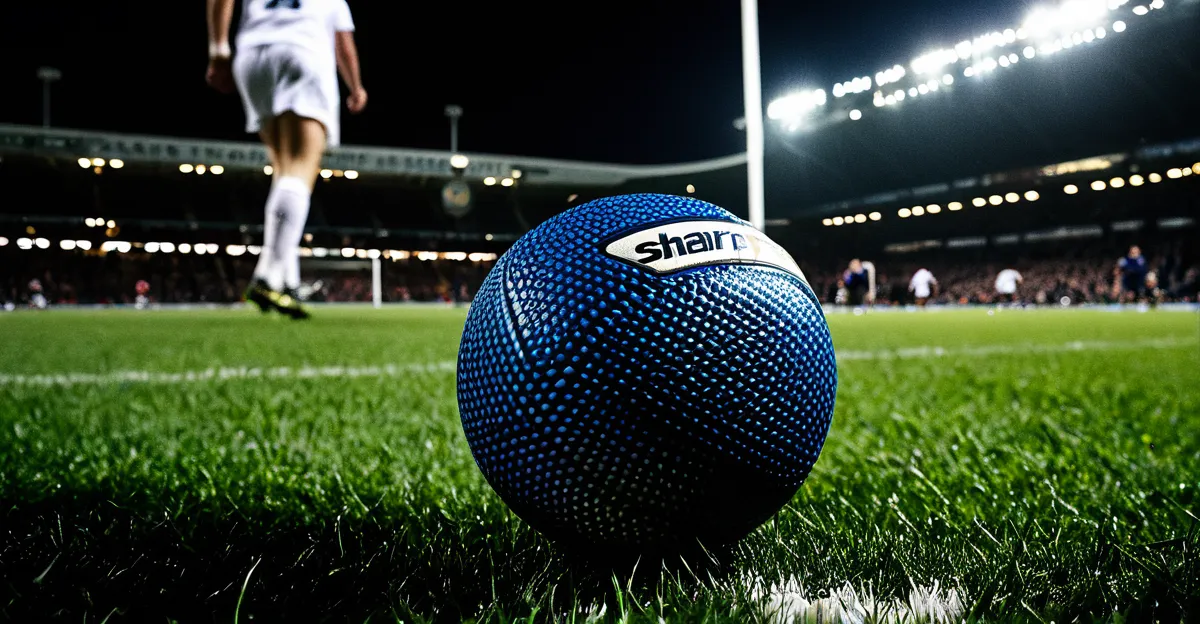Key Milestones in the Evolution of UK Sports Culture
The UK sports history is marked by several foundational moments that shaped its rich sports culture timeline. Early traditions such as the codification of football rules in the 19th century laid the groundwork for the nation’s sporting identity. The Industrial Revolution and rapid urbanisation significantly influenced sporting practices, making sports more accessible and organised. Factory towns saw the rise of club-based sports, fostering community spirit and regular competition.
The emergence of international competitions further transformed the UK’s sports culture. Events like the British Empire Games (now the Commonwealth Games) introduced a global dimension, encouraging cross-cultural exchanges and raising competitive standards. Major sporting events in the UK, including the 2012 London Olympics, amplified national pride and international visibility. These milestones reflect a dynamic evolution, intertwining local traditions with global influences, continuously enriching the UK sports culture timeline. This evolution highlights how sporting innovation, social change, and international engagement have consistently shaped the UK’s sporting trajectory.
In the same genre : How do UK sports initiatives promote youth engagement?
Shifts in Popular Sports and Participation
The landscape of popular sports UK has evolved significantly, reflecting broader social and cultural shifts. Traditional sports like football and cricket remain widely cherished, yet emerging disciplines such as rugby league and netball have seen notable growth. Tracking sports participation trends reveals increased engagement beyond spectatorship, with amateur and grassroots involvement surging across communities.
Schools and local clubs play a crucial role in shaping these trends. Educational institutions promote physical activity as part of the curriculum, instilling early interest and skills in various sports. Meanwhile, community initiatives broaden access and encourage diverse groups to participate, addressing barriers related to age, gender, and socioeconomic status.
Also read : How Does Hosting Major Sports Events Impact the UK Economy?
These changes in UK athletics underscore a transition towards inclusivity and health consciousness. Grassroots programmes often target not only competitive athletes but also recreational players, fostering lifelong sports habits. This shift from elite focus towards widespread participation reflects evolving public attitudes. Understanding these dynamics provides insight into how UK sports culture adapts to contemporary needs while retaining its rich heritage.
The Role of Media and Technology in Sports
Media has played a pivotal role in shaping sports culture UK through continuous evolution. Early sports media UK focused on newspapers and radio, delivering match reports and commentary to enthusiasts. This era established journalism as a key channel for spreading interest in local and national sports.
The broadcasting evolution dramatically transformed fan engagement in the UK. Television brought live matches directly into homes, increasing accessibility and expanding the audience for major sporting events UK such as football leagues and international tournaments. Iconic broadcasts turned sports into shared national experiences, fostering collective identity.
More recently, the digital transformation in sports reshaped how fans consume and interact with content. Online platforms and social media provide real-time updates, highlight reels, and direct athlete-fan communication. These innovations empower supporters to follow popular sports UK more closely and engage globally, enhancing community connection and promoting diversity in viewership.
The synergy of media and technology sustains the dynamism of UK sports culture, bridging traditional enthusiasm with modern consumption habits. This ongoing progression ensures that sports remain a central pillar of cultural life across generations.
Gender Roles and Diversity in UK Sports
The journey toward gender equality sports in the UK has been marked by significant milestones and challenges. Historically, women in UK sport faced limited opportunities due to societal norms and restricted access to competitions. Early barriers included exclusion from major competitions and lack of media coverage, which hindered recognition and growth. However, landmark moments such as the introduction of women’s football leagues and increased female representation in Olympic teams highlighted progress.
Women in UK sport now feature prominently across disciplines. Increased investment and targeted programmes have improved pathways for female athletes, helping to raise their profile and participation levels. Schools and clubs actively promote inclusivity, breaking down stereotypes and encouraging girls to engage in a wider array of sports.
Diversity in sports culture extends beyond gender. Efforts to represent ethnic and cultural minorities have gained momentum, reflecting broader societal changes. Campaigns and policies promoting inclusion create more welcoming environments, fostering participation from varied communities.
Together, these strides in gender equality sports and diversity enrich the UK sports landscape. They ensure that sport reflects and supports the nation’s diversity, promoting fairness and opportunity for all participants.
Professionalism and the Business of Sport
The evolution of sports professionalism in the UK marked a pivotal shift from amateurism, profoundly altering the sports landscape. Early UK sports history saw athletes mostly competing for passion rather than pay. Over time, the commercialisation of UK sport accelerated this shift. Sponsorships, media rights, and branding deals became significant revenue sources, redefining the economic framework around sports.
Professional leagues UK grew notably in football, rugby, and cricket, elevating the status and financial rewards for athletes. Contracts, endorsements, and athlete marketing now play central roles in sports careers, reflecting the industry’s business sophistication. These developments attract global talent and investment, boosting competition and spectacle.
The commercialisation of UK sport also impacts fan experiences and sports infrastructure. Stadium improvements, merchandise, and digital engagement stem from professional sport’s financial growth. While professionalism brings economic benefits, it also raises questions about sports’ cultural values and accessibility.
Understanding this transformation is vital when considering the broader sports culture timeline, highlighting how financial and organisational changes shape the modern UK sports environment and its future trajectory.

